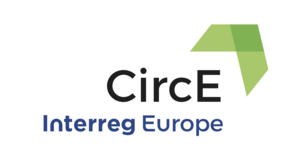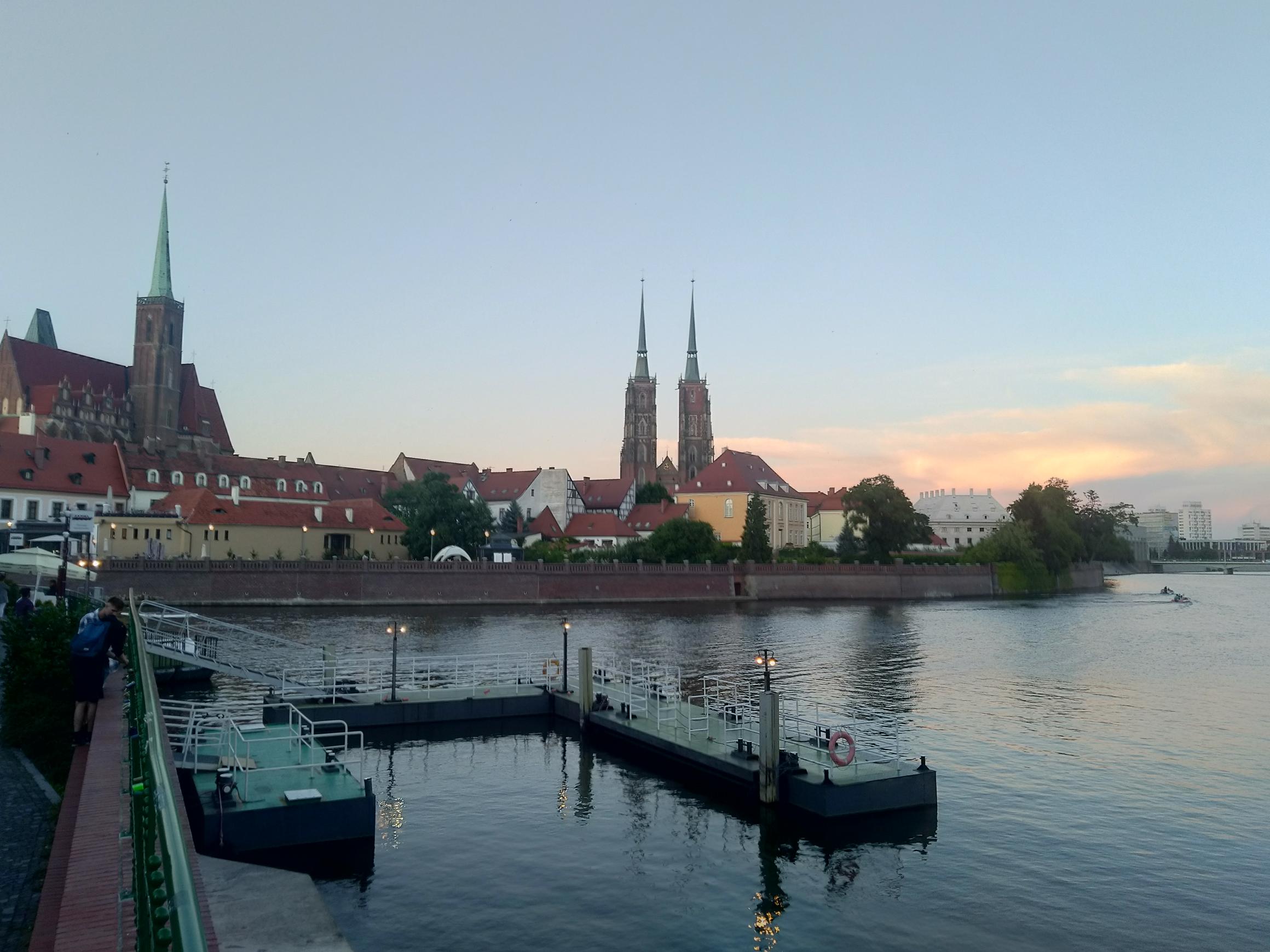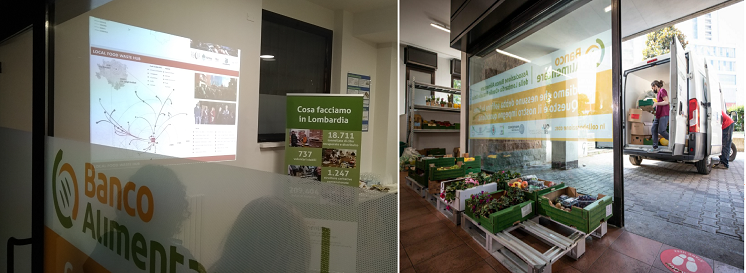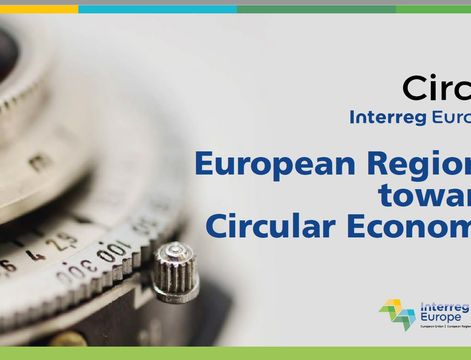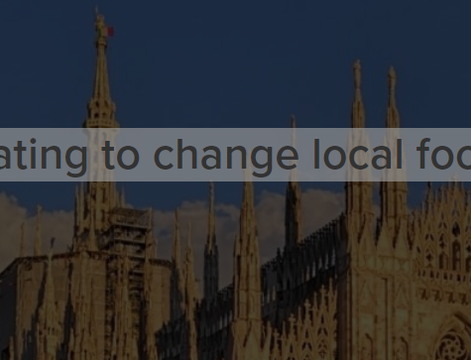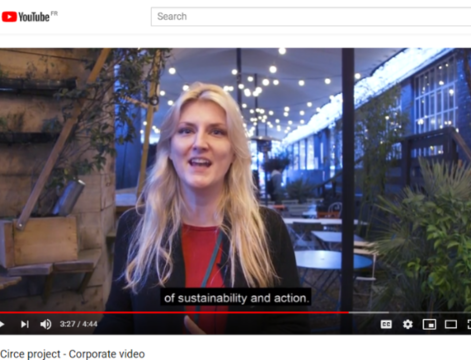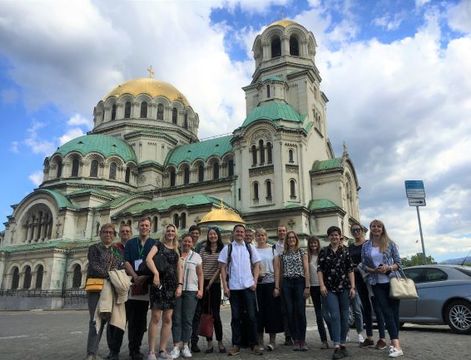Slovenia joins European countries, which place the transition to circular economy among the strategic priorities (the Netherlands, Finland, Denmark) and have already prepared their national roadmaps to strengthen the competitiveness of economy and at the same time quality of life.
In the process of preparing the roadmap, 12 regional consultations were organized, 12 good practices and 12 potentials for the transition were identified.
More than 2,000 stakeholders have been directly or indirectly involved in the process so far. Among them, the Association of Municipalities and Towns of Slovenia, a member of the Green Economy Partnership, was also invited to the meeting as a selected stakeholder and implementer of the CircE project, which is aimed at increasing the circular potentials, and the GreenS project for the support of green (public) procurement.
At the meeting, which was aimed at complementing the guidelines and recommendations for better transition of Slovenia to circular economy, the representatives of SOS pointed out the need and an exceptional opportunity for the development of a circular economy in Slovenia in the field of tourism, as the current researches of the CircE project shows.
Tourism was recognized also by stakeholders at all regional consultations as an opportunity. Fact is, that circular economy in tourism is a very new and unexplored area which, due to its nature of activities, covers many aspects of sustainable resource management, and interconnects different sectors, such as energy (RES) and water (re-use), food (short-chains), waste (zero waste, reduction, recycling), built environment (use of existing infrastructure, construction methods and materials) or information technology (blockchain), etc.
The Association of Municipalities and Towns of Slovenia expressed the belief that by intensifying efforts and focus on the development of circular tourism in Slovenia, Slovenia could become a reference country and a "classroom" for other countries and regions, especially because Slovenia identifies itself as a green country. The drafters of the Roadmap of transition to circular economy of Slovenia welcomed the proposal and considered it promising.
The next stage of the Roadmap will be presented in March, when the summaries of discussions, dialogues, meetings and workshops will be collected. The document will be finalized at the end of April. The process of transition to circular economy will be continued with the Partnership for Green Economy, Circular Change and other stakeholders such as the Association. Transition to a circular economy is a long-term process that requires the involvement and participation of all stakeholders, clear government support and concrete incentives for circular breakthroughs.
